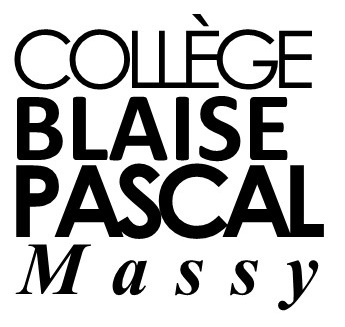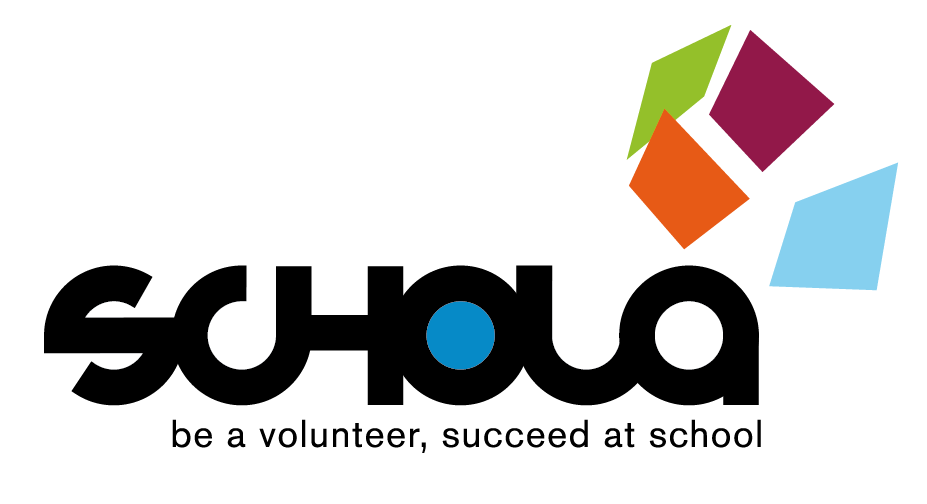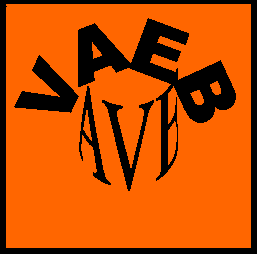Projects attached to the partner Collège Blaise Pascal

Schola-un tutorat pour les éducateurs pour valoriser un bénévolat - 2016-2018


Initiated by the Collège Blaise Pascal (Massy, Essonne) together with riv conseil, the project Schola - selected during the call for proposals Erasmus + 2016- gathers a European team in France, Belgium (Karel De Grote Hogeschool, Anvers), Italy (Universita degli Studi di Perugia, Pérouse), Slovenia (ZRC-SAZU), and Poland (University of Jagiellonski, Cracow). The Schola project aims at offering new approaches to strengthen the education and training paths of prospective and practicing educators/youth workers ; equipping them with all competences and skills needed to deliver high quality services and address increasingly diverse needs e.g those posed by multicultural societies. It is an innovative project aiming to reduce disparities in learning outcomes affecting learners from disadvantaged backgrounds/with fewer opportunities.
The Schola project addresses mainly educators in the broad sense- professionals and volunteers working with youngsters facing difficulties at school or already drop outs living considered as learners from disadvantaged backgrounds. Its aims and objectives are: to acquire knowledge on the reasons for an early school leaving (ESL) and the strategies offered to struggle against it, both on national and European levels ; to motivate mentors – teachers and professionals in association - by understanding the role they play in the educative community through extra-school activities ; to learn to learn on insisting on the key competences (EU, 2006) and the different types of learning (formal, non-formal, informal - Copenhagen process) and the combination between volunteers and professionals in the field ; to explain the benefits of alternative pedagogical strategies, in complement to school, on the basis of a voluntary experience (cf SAS project).
Vaeb - 2003-2006



A l'initiative de l'Iriv, il réunit 14 partenaires dans 7 pays européens (France, Allemagne , Autriche , Hongrie , Italie , Pologne et Royaume-Uni). Il a été financé grâce à la Commission européenne (programme communautaire Leonardo da Vinci "Former et éduquer tout au long de la vie".) et avec un soutien du Conseil régional de Champagne Ardenne pour l'expérimentation en France.























